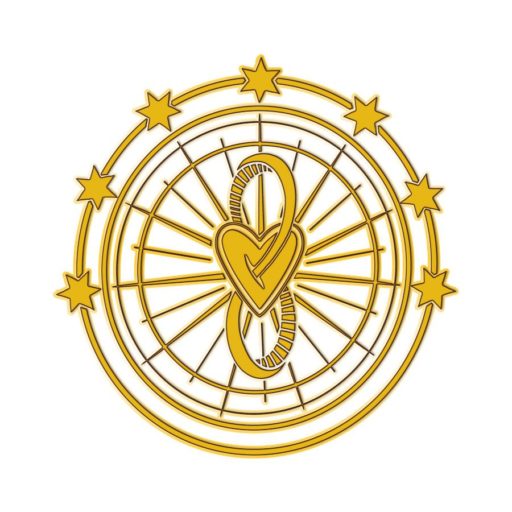FAQs
I’ve never talked to anyone. I’m used to handling things on my own. Aren’t people who go to therapy weak?
Not at all. People who ask for help know when they need it and have the courage to reach out. Everyone needs help now and then. In our work together, I’ll help you explore and identify your strengths and how to implement them to reduce the influence of the problems you are facing.
What’s the difference between talking to you or my best friend or family?
The difference is between someone who can do something, and someone who has the training and experience to do that same thing professionally. A mental health professional can help you approach your situation in a new way– teach you new skills, gain different perspectives, listen to you without judgment or expectations, and help you listen to yourself. Furthermore, counseling is completely confidential. You won’t have to worry about others “knowing my business.” Lastly, if your situation provokes a great deal of negative emotion, and you’ve been confiding in a friend or family member, there is the risk that once you are feeling better you could start avoiding that person so you aren’t reminded of this difficult time in your life.
Why shouldn’t I just take medication?
Medication can be effective but it alone cannot solve all issues. Sometimes medication is needed in conjunction with counseling. Our work together is designed to explore and unpack the problems you are experiencing and expand on your strengths that can help you accomplish your personal goals.
How does it work? What do I have to do in sessions?
Psychotherapy in its broadest definition is about growth. It is about living a life that is most congruent with who you are. It is about participating in the quality of relationships you desire. Psychotherapy can look different for each client. For some it involves talking to a therapist, who may help identify survival techniques often developed in one’s childhood but no longer useful. For others, psychotherapy might involve talking to a therapist who can help them develop new behavioral or mental patterns to meet today’s challenges.
During the initial stage of therapy, the client and therapist come to an understanding together of what the process will look like. The intermediate stage of psychotherapy is often a more active stage, in which clients begin replacing old patterns with new ones. Toward the final stage of therapy, a client may find themselves increasingly able to continue the growth process on their own, without professional help.
Because each person has different issues and goals for counseling, it will be different depending on the individual. I tailor my therapeutic approach to your specific needs.
How long will it take?
Unfortunately, this is not possible to say in a general FAQs page. Everyone’s circumstances are unique to them and the length of time counseling can take to allow you to accomplish your goals depends on your desire for personal development, your commitment, and the factors that are driving you to seek counseling in the first place. A typical course of sex therapy is 10-25 sessions, 3 months to 1 year. One thing couple therapists, like myself, can say is that on average, couple therapy generally takes 12-18 months to complete. Of course, some couples complete sooner and some opt to stay in therapy for years. After final, weekly or bi-weekly session, booster sessions and 6-month check-ins are highly recommended for next two years to prevent any type of relapse into old relational patterns.
I want to get the most out of therapy. What can I do to help?
I am so glad you are dedicated to getting the most out of your sessions. Your active participation and dedication will be crucial to your success.


